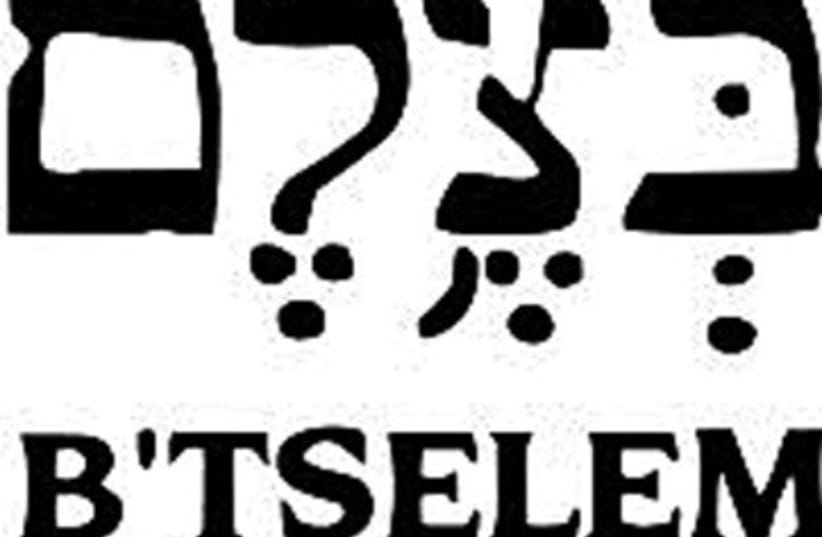Shining a light on the NGO campaign of distortion
Certain NGOs have upped the ante since and have sought to ensure their activities will be placed under no further public scrutiny and that even their illegitimate activities will be placed above the law.
